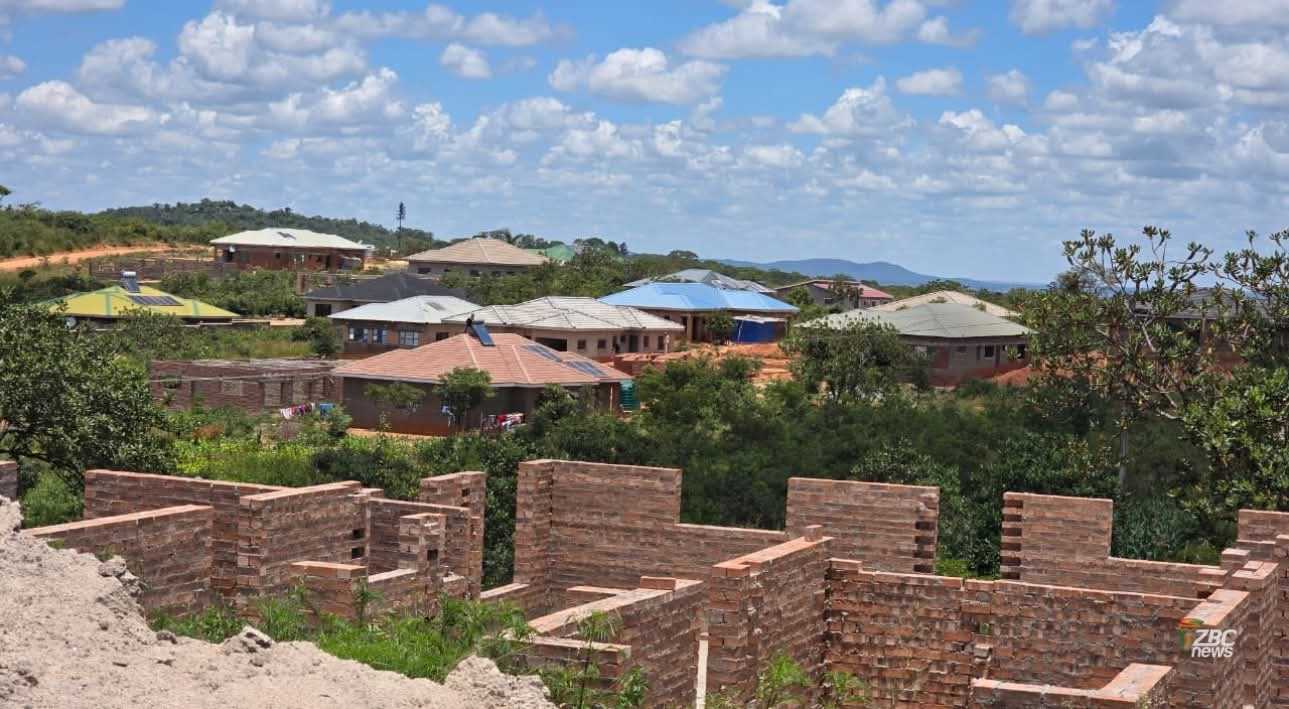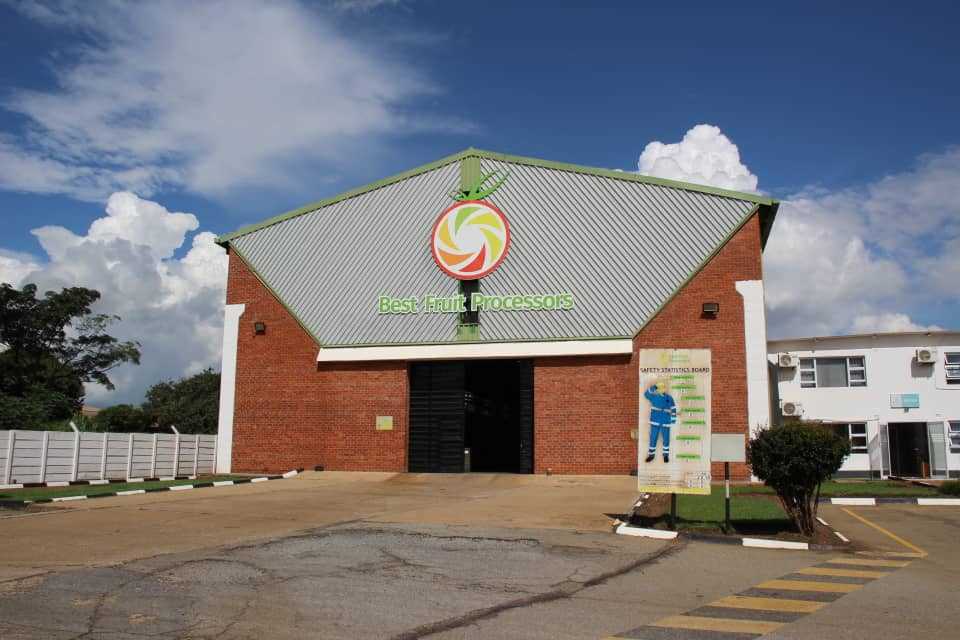
Audrey Galawu
Ariston Group posted a 15% revenue increase to ZWL$35.479 billion for the year ended September 30, 2023 when compared to prior year.
This was despite the decline in the selling price of macadamia nuts, and was mainly attributable to an increase in the price of tea driven by improvement in quality.
The Group’s operations were negatively affected by the increasing cost of production for key production inputs such as fertilisers and crop chemicals, as well as the continuous power outages resulting in increased fuel usage for generators.
The significant fuel costs resulted in the board making a decision to invest in a solar power generating project, which was completed in July 2023.
Inflation adjusted interest expense increased by 99% to ZWL$3.2 billion in the current reporting period which was aa a result of an increase in borrowings held during the current period.
The Group recorded a loss of ZWL$33 billion compared to a profit of ZWL$5.9 billion in the prior year which was mainly driven by unrealised exchange losses arising from United States Dollar denominated liabilities.
Related Stories
Commenting on the period under review, Ariston Group chairman Alexander Crispen Jongwe said global lockdowns in response to the Covid-19 pandemic result in suppressed demand for products and may result in lower selling prices.
Jongwe said the impacts of the pandemic continue to be felt.
“This year’s season commenced with a dry spell followed by greater rains than in the prior year. Overall, greater rainfall with better distribution was received in this season than in the prior comparative season.
“The difficult operating environment noted in the prior year continued into this financial year ended 30 September 2023. Global market disruptions which negatively affected the agricultural sector remained although some minor improvements were noted. The difficulties included lower agricultural commodity prices due to supply overhang from the Covid-19 shutdown period. Fertiliser and chemicals costs remained at price levels higher than the pre-Covid-19 period.
“The local economic environment continued to be harsh, characterised by declining disposable incomes, incessant power outages and greater depreciation of the Zimbabwe dollar coupled with increased dollarisation of the local economy,” he said.
To enhance compliance with reporting standards, in the current year the Group has presented its Costs of sales before taking into account the effects of fair value changes related to its biological assets.
This has resulted in the Group reporting a Gross Loss.


















Leave Comments